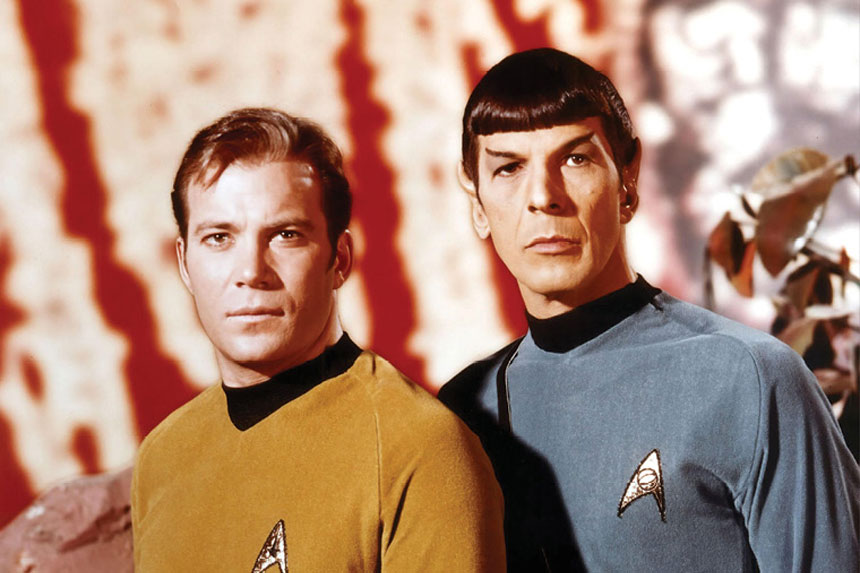More than 50 years after going off the air, the original Star Trek series still has millions of fans. It’s quite an accomplishment for a series that ran for “only” three seasons.
Why put only in quotation marks? Because those “only” three seasons aboard the starship Enterprise encompassed 80 hour-long episodes, including the pilot.
Compare that to today’s small-screen hits: All of the streaming series from the Marvel universe over the last three years have had seasons of 6 to 9 episodes. The Mandalorian, after “only” three seasons, comprises just 24 episodes. And with 73 episodes, the wildly popular Game of Thrones couldn’t match up in eight seasons to what Star Trek did in “only” three.
Why did television seasons become so short?
I believe the problem is one thing these examples have in common: Heaps of high-priced, computer-generated special effects. Too much of today’s TV gives us spectacle at the cost of substance.
Fans don’t continue to not only love but repeatedly watch Star Trek — or The X-Files, or Buffy the Vampire Slayer, or Supernatural — because of the special effects. It’s for the one thing that should be the most important consideration for a television series: good storytelling.
And the elements of good storytelling haven’t changed since the days of Gene Roddenberry, or Charles Dickens, or William Shakespeare. Only the tools for telling those stories have changed, and the tools should serve the story, not the other way around.
With a shift in focus, TV series producers could give us more of what we want — not more flash, but more stories, more episodes.
Give us the world-building “filler” episodes that don’t necessarily move the series-long story arc forward. Give us time to connect with characters — heroes and villains alike — on a deeper level. Give us more explorations into the complexities of humanity, even if the characters themselves aren’t human.
Give us more special moments, not more special effects.
This article is featured in the January/February 2024 issue of The Saturday Evening Post. Subscribe to the magazine for more art, inspiring stories, fiction, humor, and features from our archives.
Become a Saturday Evening Post member and enjoy unlimited access. Subscribe now




Comments
Amen!
“Special effects” stopped being that many years ago, but the “industry” likes to retain the term. Sounds better than the honest description: an endless audio-visual assault for the mindless, made by TV producers who now ONLY know how to do that. Combined with an audience who wouldn’t know, much less appreciate good story telling today anyway, that sums up why we’re cemented here permanently at this late date.